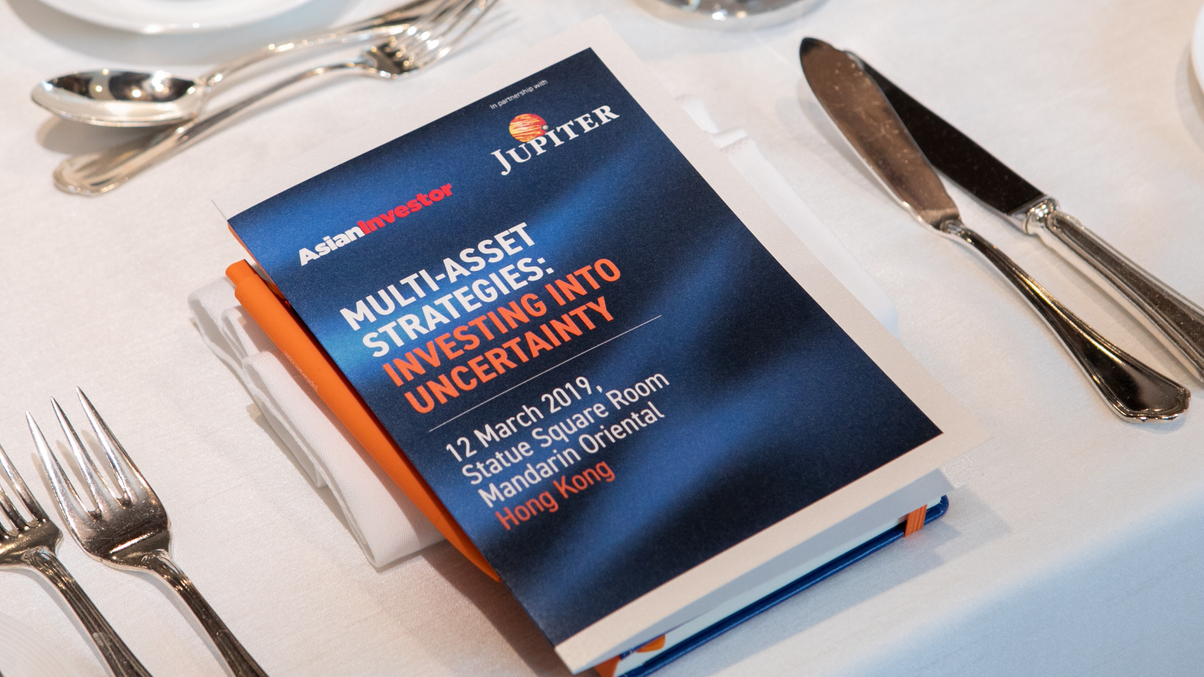partner content
Multi-asset strategies: Investing into uncertainty
Despite economic anxiety, it’s possible to identify pockets of outperformance, said Jupiter Asset Management’s multi-asset head.

A calamitous fourth quarter followed by booming equity markets. Expectations of multiple rate hikes being supplanted by concerns of a cut. Welcome to 2019.
Sign in to read on!
Registered users get 2 free articles in 30 days.
Subscribers have full unlimited access to AsianInvestor
Not signed up? New users get 2 free articles per month, plus a 7-day unlimited free trial.
¬ Haymarket Media Limited. All rights reserved.


